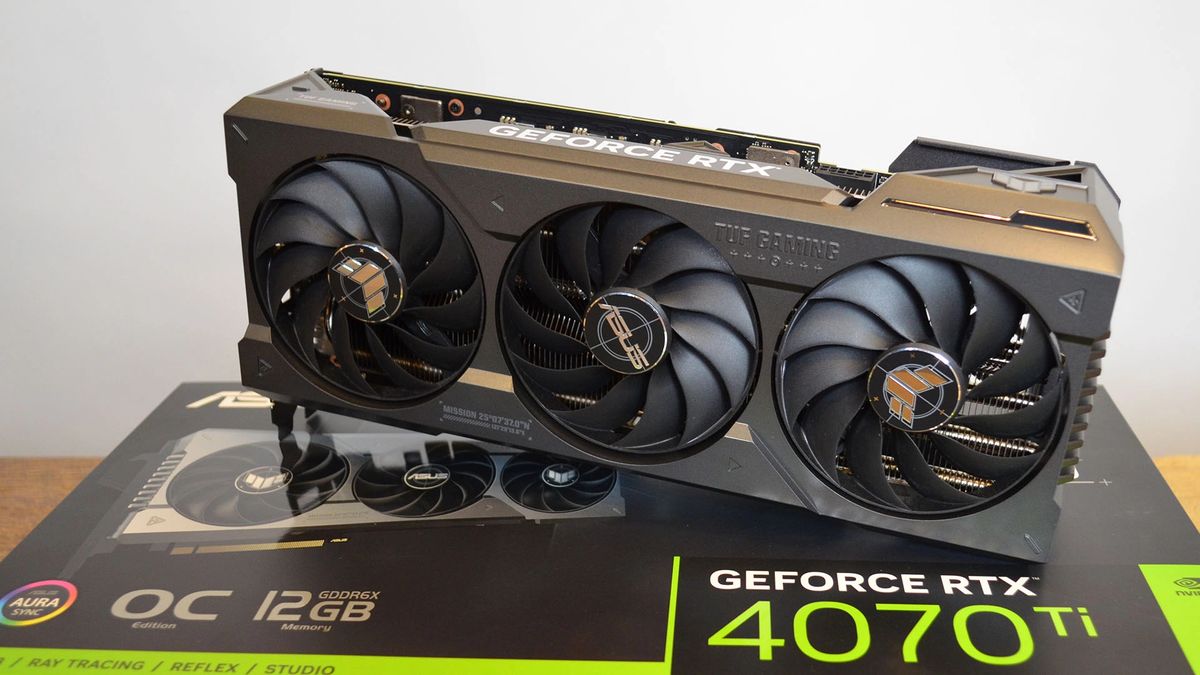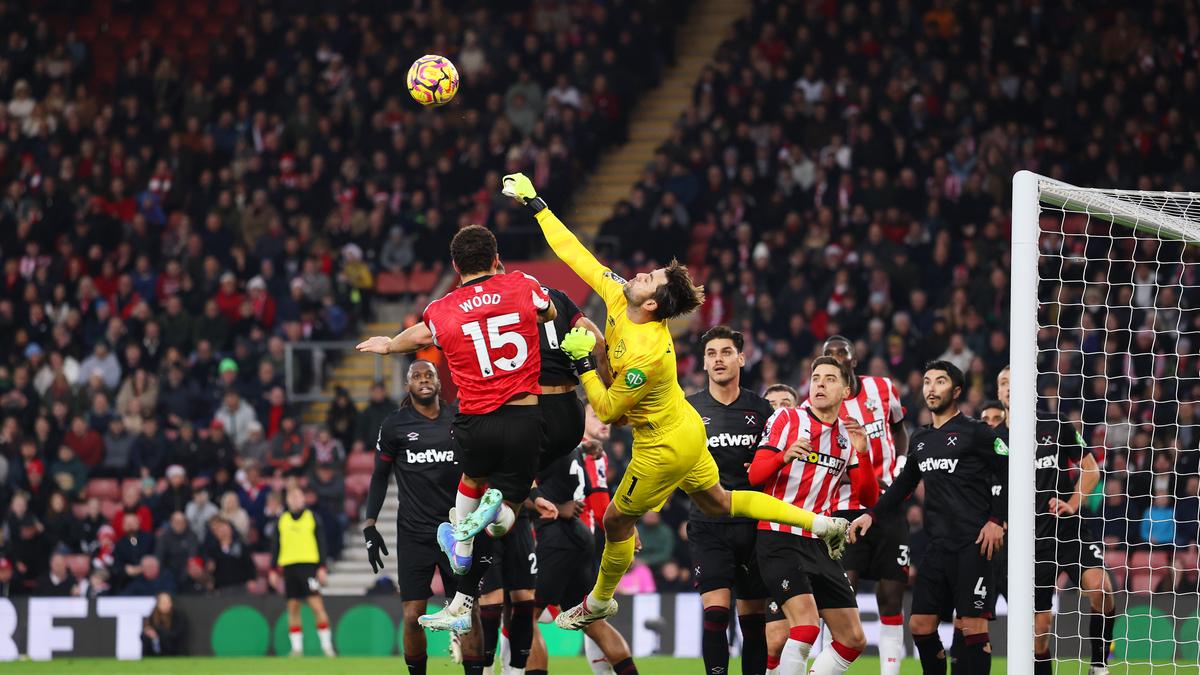Nvidia’s RTX 4080 Super and RTX 4070 Ti Super, the final two refreshes for Lovelace to follow the RTX 4070 Super, somehow went on sale early at Amazon – plus we’ve had a benchmark leaked for the latter.
VideoCardz reported that both of these inbound GPUs popped up with product listings for Zotac graphics cards that you could actually order – as flagged by @momomo_us on X (formerly Twitter) – for a brief time, before the cards were removed (as you might expect).
ZOTAC Gaming GeForce RTX 4070 Ti Super Trinity Black Edition DLSS 3 16GB GDDR6X 256-bit 21 Gbps PCIE 4.0 Gaming Graphics Card, IceStorm 2.0 Advanced Cooling, Spectra RGB Lighting, ZT-D40730D-10Phttps://t.co/RpEZwMAXZvJanuary 21, 2024
They were listings for a trio of RTX 4080 Super variants and RTX 4070 Ti Super cards from Zotac, consisting of the Trinity Black Edition, Trinity OC White, and AMP editions of each GPU at the top-end.
Pricing on Amazon US ranged from $1,299 (Black Edition) to $1,399 (AMP) for the RTX 4080 Super, compared to the MSRP of $999 (ouch). For the RTX 4070 Ti Super models, price tags ran from $899 to $969 compared to the MSRP of $799.
So, that looks very shaky in terms of where Zotac is pitching compared to Nvidia’s recommended level of pricing, but don’t panic – we’ll come back to that.
The other point here is that mentioned benchmark leak that VideoCardz also noticed, which comes from an unspecified reviewer (add seasoning) who shared 3DMark results for the RTX 4070 Ti Super.
The headline news is that on average, across 3DMark’s various synthetic gaming tests, the RTX 4070 Ti Super is around 8% faster than the existing RTX 4070 Ti it supersedes.
The gap varies, of course, this being an average, so for example in TimeSpy the RTX 4070 Ti Super is 8% faster in 4K resolution compared to the 4070 Ti, but only has a 5% lead in 1440p.
Analysis: Don’t worry just yet…
At first glance the 3DMark scores look a little disappointing. They’re certainly not as emphatic as the advantage shown in the recent Geekbench leak, where the Ti Super is seen as 10% and 25% faster than the base Ti graphics card – but then that benchmark is not the best way to judge gaming GPUs.
3DMark is the preferred synthetic benchmark, and here we see a result of 8% better, although that’s still lower than the widely rumored expectation of the RTX 4070 Ti Super being 10% to 15% quicker than the 4070 Ti.
That said, it’s not too far off the low-end there, and we can’t draw any real conclusions about this graphics card refresh without seeing averaged real-world gaming results, as we’ve pointed out before. Indeed, the VRAM uplift to 16GB (from 12GB) with the Ti Super will be better reflected in real-world games (at least in certain titles, at higher resolutions).
As for the pricing shared with us via the brief listing on Amazon, well that’s clearly ridiculous. The Trinity Black edition is Zotac’s entry-level offering and should be at MSRP level (not 30% above, as is the case here, at least with the RTX 4080 Super). Indeed, Zotac Japan already confirmed that this model will be at MSRP price-wise. So, something is clearly wrong here, and with the products going up early being an error, it seems a safe assumption that this pricing was an error, too.
To sum up, we’d pretty much ignore the listed prices here, and while the performance leak – which still must be regarded with skepticism, as with any rumor – seems a little disappointing, there are heavy caveats here. As mentioned, real-world gaming performance could well still reflect the anticipated up to 15% gains with the RTX 4070 Ti Super over the RTX 4070 Ti.
As rumored elsewhere, the RTX 4070 Ti is being discontinued and replaced by the RTX 4070 Ti Super, and the same is true with the vanilla RTX 4080, which sold pretty terribly according to reports, and is going to be supplanted by the RTX 4080 Super.
The initial worry with the RTX 4070 Ti Super may not be performance, though, but stock levels, as it’s rumored to be the most thin on the ground model of the trio of RTX Super refreshes. We shall see soon enough, as it launches later this week, on January 24 (and is followed by the RTX 4080 Super on January 31).
You might also like






